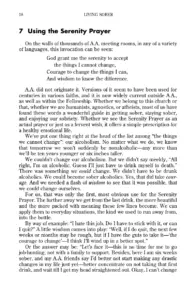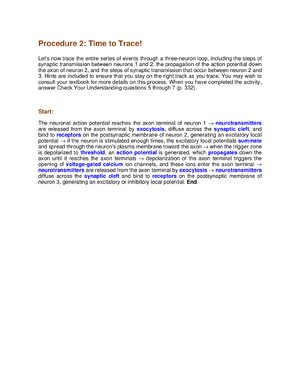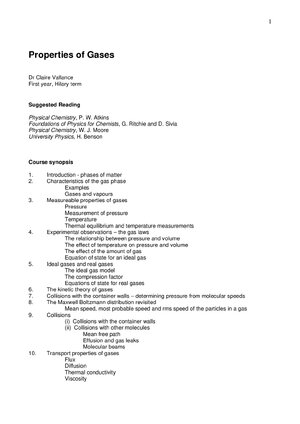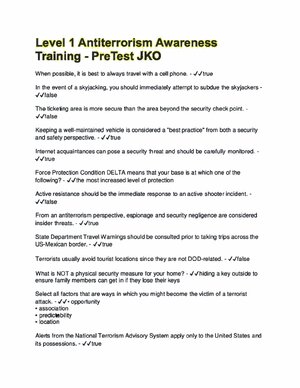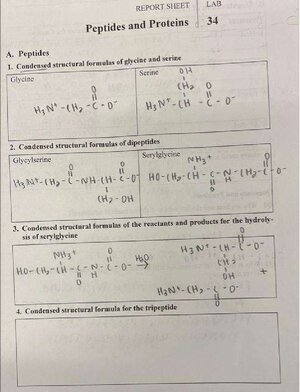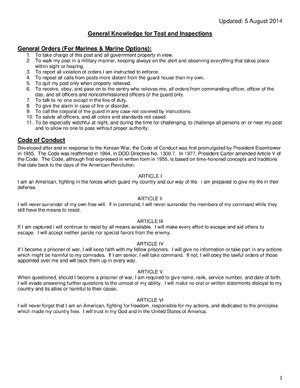This document On the Walls of Thousands of A.A. Meeting Rooms explores the significance of the Serenity Prayer in Alcoholics Anonymous, offering insights into finding serenity, courage, and wisdom in recovery. It delves into the power of changing old routines associated with drinking to maintain sobriety. Through real-life examples and practical advice, this document highlights how individuals can apply the principles of the Serenity Prayer to navigate challenges and embrace a healthier emotional life. Discover the transformative impact of this timeless prayer and how it can guide individuals towards a balanced and fulfilling sober journey.


